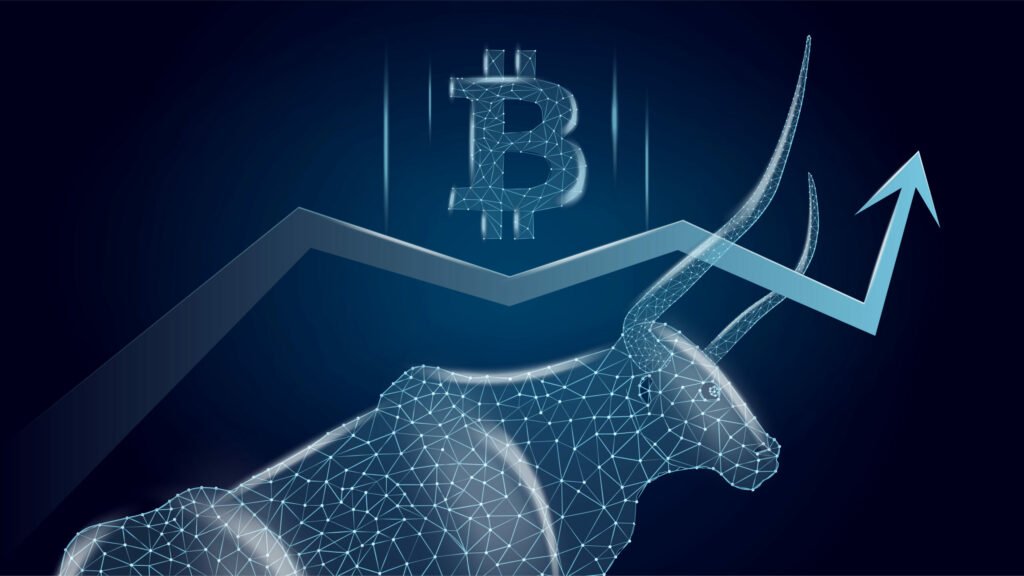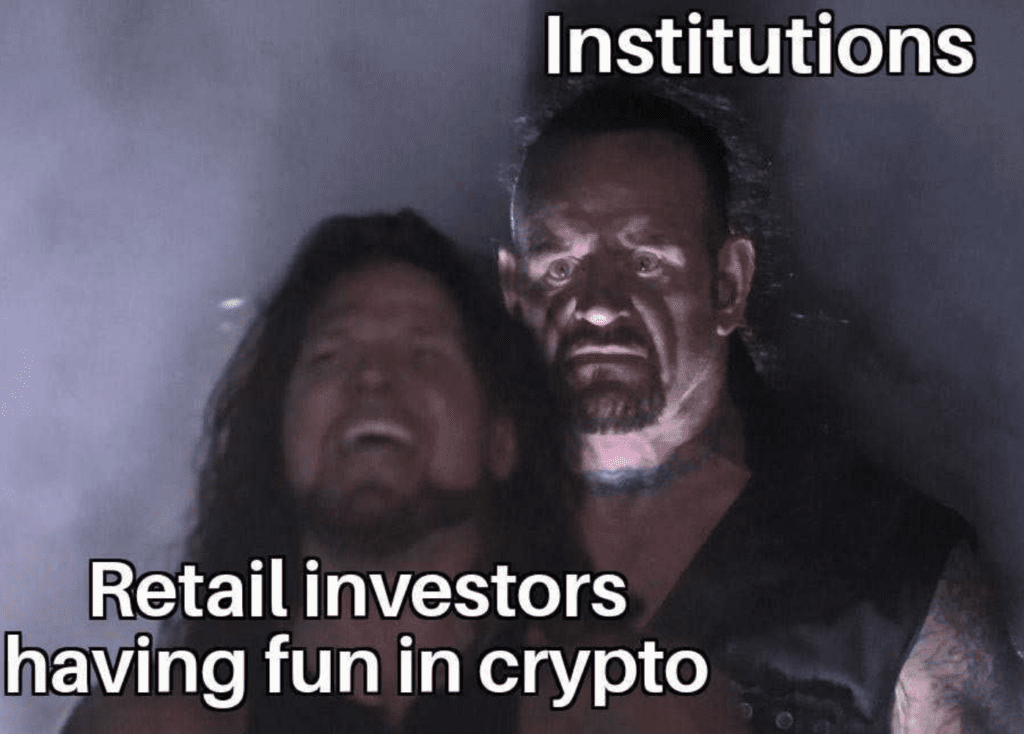History of inflation in the US

You’ve probably heard of the term “doomer” or “prepper.” In fact, when a crisis is very clearly on the horizon (like, I don’t know, a global pandemic), everyone becomes a prepper. But there are nuances to how each sovereign person prepares. Some are preppers, others are doomers, still others accelerationists. What’s the difference and does it matter? As you prepare for the unknown of the future, how might your investment strategy change? Hopefully this information will help you decide.
Cryptocurrency and banking could be the future of finance

Ever since its creation, crypto has been chasing down the legacy banking system. It’s rapidly catching up with the influence and capital that traditional banks have always monopolized. But what if crypto decided to start buying banks? Is it too crazy? Is it even possible? Here are some of the reasons it may or may not be a good idea for crypto banks to keep doing what they’re doing instead of, say, buying a bank.
Why does a sovereign person need crypto?

Many people hold their sovereign rights as a high value to be protected at all costs, as they should. In the face of increasing government and centralized control, how can each of us prepare for the unknown? Whether we’re heading for an apocalyptic future or continuing into the sci-fi future that’s already here—make sure you’re positioned to maintain your freedoms. Here’s what you need to know about securing your future and diversifying into crypto.
Crypto history…but with memes!

“Not everything is a joke!” may be something your mom told you as a kid—I know mine did. But our moms didn’t know about crypto culture and how it would revolutionize the global financial world…with jokes. Cryptocurrency may be a very serious topic, but it’s also inextricable from meme- and internet-culture. Here’s a crypto history with memes.
How exchanges secure crypto investments from theft

If you’re concerned about your crypto being stolen, you may wonder what security measures are in place to protect it. What exactly does your crypto exchange or wallet do to secure crypto investments from theft? And how does that compare to the security features used in traditional brokerage platforms? Is one safer than the other? In this post, we’ll examine the security mechanisms used in decentralized exchanges, centralized exchanges, crypto wallets, and brokerage accounts. We’ll also look at what security features are likely to become more common in the future as crypto becomes more mainstream.
Decentralizing the surveillance state

Worrying about privacy and surveillance is not a new thing. Hundreds of years ago people panicked about the government opening mail. Today, the surveillance state is in every corner of our lives through the internet. Edward Snowden, Five Eyes, and 5G are just the beginning of what we know about government surveillance. Here is the basis for concern and what decentralization could do to help us combat our quickly dissolving privacy.
Are banks the real money cartels?

If you look up the definition of a cartel, you’ll find it sounds suspiciously similar to how the central bank and the Federal Reserve collude to control the economy. Just because the government is the one acting anti-competitively doesn’t mean it’s not a cartel. When wealth is being siphoned from the people without their knowledge or consent, there’s a problem. Here’s how banks are the real money cartel in the global economy.
How to minimize crypto wallet fees

When you first start investing in crypto, it can be overwhelming and surprising to discover the various fees you’ll run into. There are network fees, trading fees, funding fees, and more. But you don’t have to stress about losing profits trying to cash out or move your money.
Will Ethereum keep dominating DeFi?

Many people thought there would never be a challenger to Bitcoin. Then came Ethereum. Now, some say there won’t be a challenger to Ethereum when it comes to smart contracts. But there are some problems on the horizon for the network that may cause it to fall from the leaderboard. Scaling, lack of interoperability, high fees, and slow transactions are all plaguing Ethereum. The #2 blockchain is trying to hold onto its dominant position in DeFi and NFTs, but will it be able to?
What Is DeFi?

When you open a bank account, or use your credit card, or even pay your taxes, you’re placing trust in a centralized company or government. But what if you could do all of your financial transactions without needing to trust any third party? That’s the goal of decentralized finance. New fintech services and dApps in the DeFi ecosystem aim to unchain people from power centers in the finance world and give them back control over their own finances.


